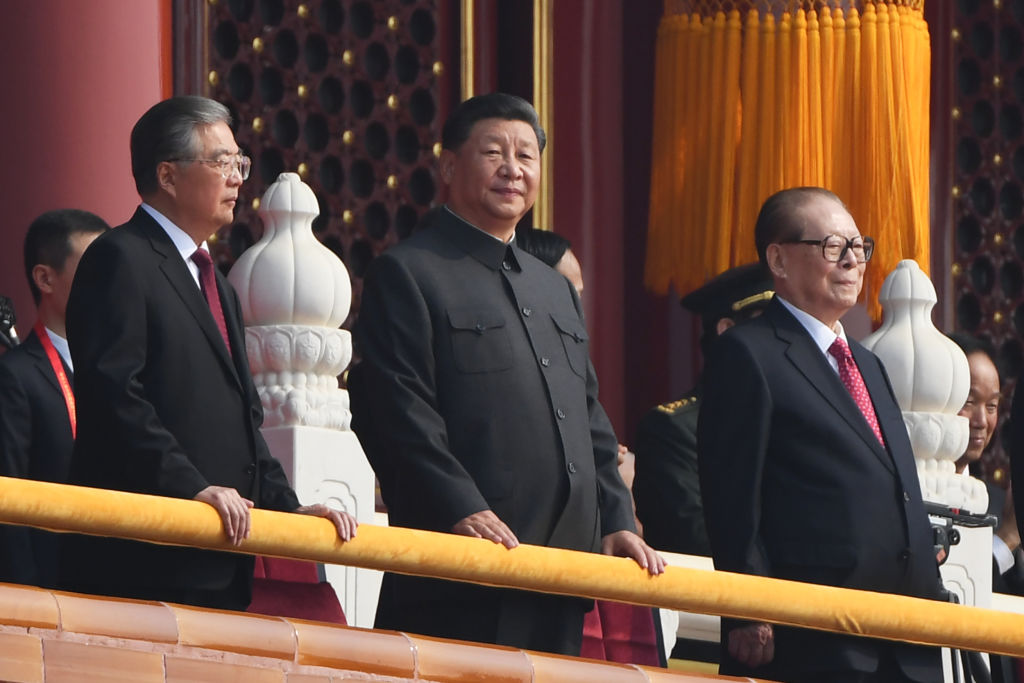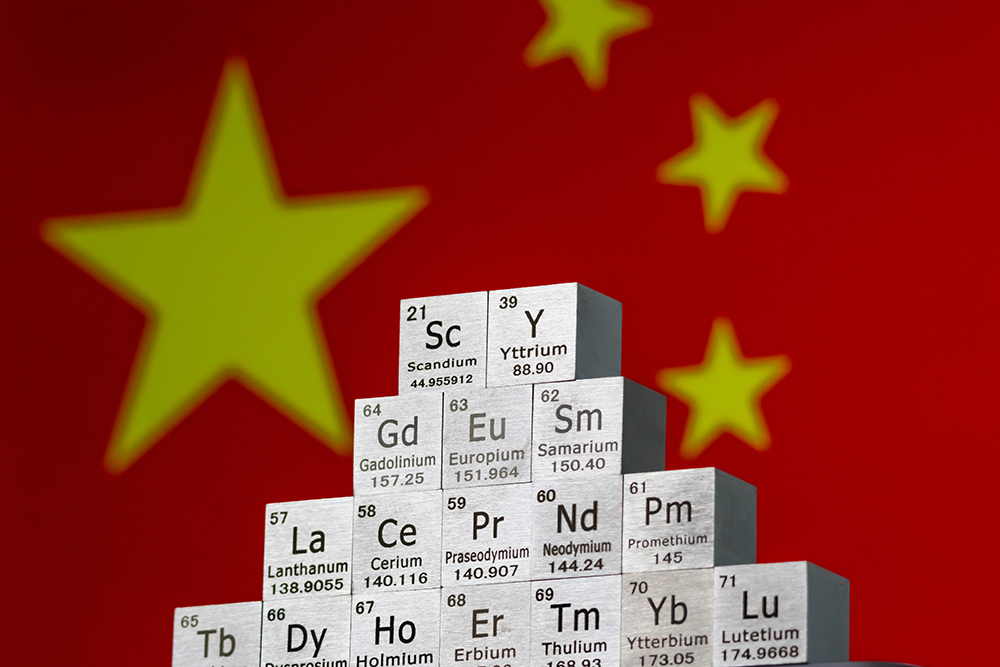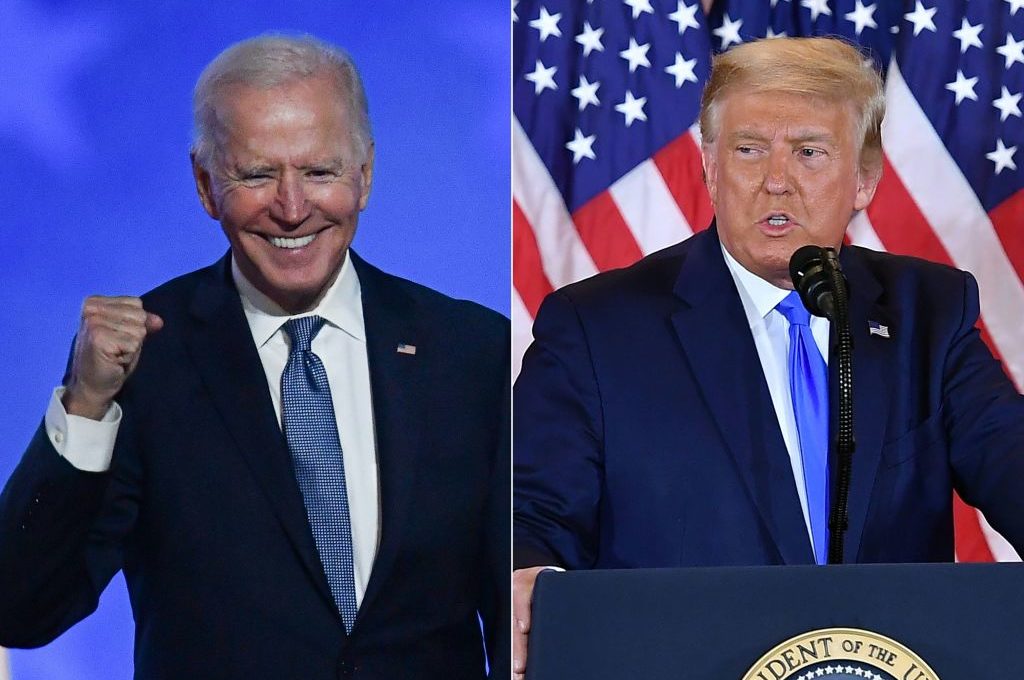This article is in
The Spectator’s inaugural US edition. Subscribe here to get yours.
Vladimir Putin, as we all know, has become chief electoral strategist in the western world. When he wanted Donald Trump president, he merely set his army of trolls to action and the American public was fooled into backing a candidate who would never have got anywhere near the White House otherwise.
That is what the media has been telling us since 2016, anyway. But the idea that Russia can swing a sophisticated electorate of 300 million people with the aid of a fake-news tweet factory in St Petersburg was always fantastical. Even the Mueller inquiry could not prove it — not for want of trying. Yet it would be unwise to dismiss the idea of foreign governments interfering in elections as an inconsequential matter. There is a genuine threat from external interference in democracy. The greatest threat in this regard comes not from Russia. It is from China.
Will the denizens of the fourth estate be eager to alert us to this danger? Probably not: Chinese interference in 2020 would likely be in order to remove Trump. The mainstream media isn’t so strongly against that.
But the truth is that China’s tentacles go far deeper into western societies than Russia’s — largely thanks to its huge telecommunications industry. Many westerners use Chinese phones and Chinese-built phone networks, presenting Chinese government-linked technology giants with immense opportunities for data-gathering and control of the content seen by phone users.
China has the means to seek to interfere in western elections. It has a strong incentive, too. With Trump engaged in a trade war with China, how tempting it must be for Xi Jinping to do whatever he can to remove the president from office in next year’s election.
China has already been caught out interfering in US politics once — before the smartphone era. In 1998, a Senate report found strong circumstantial evidence that China was guilty of funding, and of directing and encouraging donations to, the Democratic National Committee, which was made to return $3 million of illegal or improper donations.
In July this year, Guo Wengui, a real estate tycoon and former rival to Xi Jinping who is now exiled from China, claimed that the Chinese leader is already orchestrating a campaign to remove Trump from office, using China’s recently created National Security Commission. ‘For the 2020 US presidential election, the security committee has given very clear instructions that it is not permissible for Trump to win the 2020 election,’ said Guo. China has been implicated, too, in trying to swing opinion against the protests in Hong Kong. In August, YouTube, Twitter and Facebook were moved to block 1,200 accounts which they had linked to a disinformation campaign.
The Australian Strategic Policy Institute recently analyzed 97 election campaigns held in countries since November 2016, and found that in 20 of them there was evidence of involvement by foreign powers. While China was found to be active in only four cases — compared with Russia’s 16 — there was a big difference. Russia was principally involved in a generalized campaign to undermine faith in democracy and counter the presumption that it is a superior form of government. China’s operations — in Australia, Indonesia, Singapore and Taiwan — were highly targeted at promoting China’s interests. Except in Taiwan, they did not so much seek to influence which candidate emerged victorious as to change the terms of debate so that all candidates adopted policies which would suit China. As the Australian Strategic Policy Institute puts it, when China focuses its propaganda efforts on foreign elections, ‘all consequential parties are in its crosshairs with a view to making them more sensitive to China’s core interests’.
In Australia, Prime Minister Scott Morrison revealed in February that a ‘sophisticated state actor’ had penetrated servers at Parliament House and targeted the Liberal, Labor and National parties. He didn’t name the country, but China has previously been suspected of trying to influence politicians in Australia.
In 2017, Australian intelligence identified two prominent businessmen and political donors as possible agents of the Chinese state. In one case, a donation had been withdrawn thanks to the party’s position on the South China Sea. In the same year, a young senator, Sam Dastyari, was forced to resign over links to one of the businessmen named Huang Xiangmo. As well as accepting donations from Huang, Dastyari had been caught trying to lobby his party’s foreign affairs spokeswoman, Tanya Plibersek, not to meet a pro-democracy campaigner on a visit to Hong Kong. The scandal led to new laws in Australia aimed at tackling foreign influence on policy.
In Taiwan, online trolls traced back to Chinese sources waged a massive disinformation campaign in the 2018 midterm elections, with the apparent aim of undermining the ruling Democratic Progressive party and promoting instead parties which were more sympathetic to China. Foreign minister Joseph Wu claimed that the government had tracked social media zombie accounts back to China.
In Indonesia, in advance of an April election this year, election commissioner Arief Budiman warned that Chinese hackers had targeted the voter database and sought to change information, in order to create ghost voters.
When President Joao Widodo’s victory was announced in May, many Indonesians refused to accept the result. This led to violent riots in Jakarta.
In Singapore in 2017, hackers accessed the country’s national health database and stole the data of 1.5 million people. Records stolen included those of the prime minister, Lee Hsien Loong. Lee didn’t name China as the culprits, yet the Australian Strategic Policy Institute has claimed to have found China’s fingerprints all over the episode.
Americans should be aware of the possibilities for foreign governments to set their own propaganda agencies on our elections. It isn’t crude tweets we need to be looking for, but much more subtle surveillance operations and attacks on the devices we use to connect with the internet.
It is going to come in the form of bots and malware implanted on our phones, perhaps planted on the devices as they are manufactured. And that threat is not going to come primarily from Russia — it is far more likely to come via Chinese devices.
It isn’t going to be Vladimir Putin who swings the 2020 election. It might be Xi Jinping. We may never know, though. If, say, Joe Biden wins next year, suspicious Americans should not expect any great media clamor — let alone a Mueller-style inquiry into his possible collusion with Beijing.
This article is in The Spectator’s inaugural US edition. Subscribe here to get yours.



























